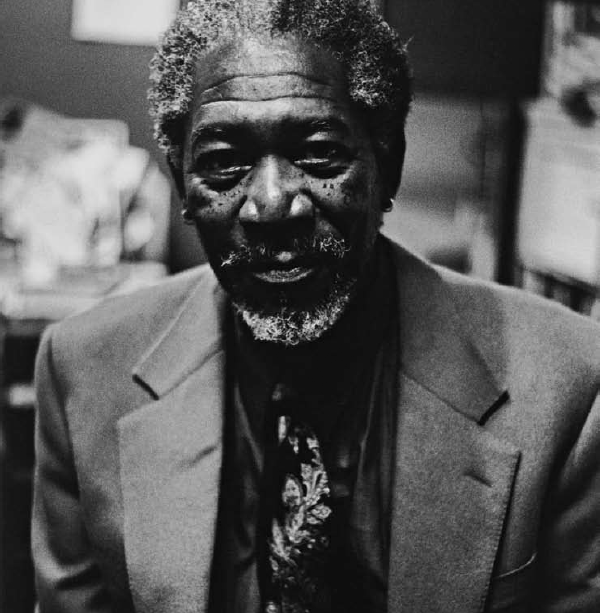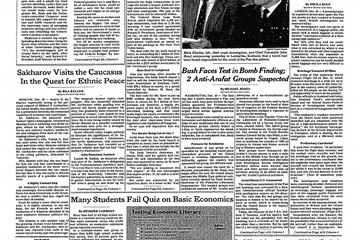The Life and Career of Morgan Freeman

Introduction
Morgan Freeman is one of the most iconic actors in Hollywood, known for his distinctive voice and profound performances. His remarkable career spans several decades and encompasses a wide range of roles in film and television. As an accomplished actor, director, and narrator, Freeman has not only entertained audiences but also contributed significantly to the film industry. Understanding his career is important as it provides insights into the evolving landscape of American cinema and highlights the impact of black actors in Hollywood.
Early Life and Career
Morgan Freeman was born on June 1, 1937, in Memphis, Tennessee. He faced numerous challenges growing up, including a tumultuous childhood and financial hardships. Freeman’s love for acting emerged early, and he began performing in school plays. After serving in the U.S. Air Force and studying at Los Angeles City College, he launched his professional career in the late 1950s with minor television roles.
Breakthrough Roles
Freeman’s breakthrough came in the 1980s with his role in the transformative PBS children’s show “The Electric Company”. This exposure paved the way for significant film roles such as in “Driving Miss Daisy” (1989) that earned him an Academy Award nomination for Best Supporting Actor. His portrayal of Nelson Mandela in “Invictus” (2009) was particularly acclaimed, showcasing his ability to embody complex characters.
Recent Projects and Achievements
In recent years, Freeman has remained a prominent figure in the industry. He starred in blockbuster films such as “The Shawshank Redemption” (1994) and “Million Dollar Baby” (2004), winning an Oscar for Best Supporting Actor. In addition, Freeman’s voice has become synonymous with storytelling, having narrated numerous documentaries, including the acclaimed series “The Story of Us” on National Geographic. Most recently, he appeared in the film “Angel Has Fallen” (2019), proving his versatility and enduring appeal.
Conclusion
As Morgan Freeman continues to take on diverse roles and engage in important projects, his contributions remain a significant part of cinematic history. His career is a testament to resilience, talent, and the power of art in shaping culture. With a legacy that inspires future actors and filmmakers, Freeman’s influence is likely to endure for many years to come. Audiences can look forward to more remarkable performances as he remains active in the industry, reinforcing the importance of representation in cinema.









